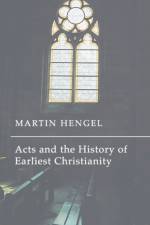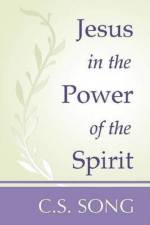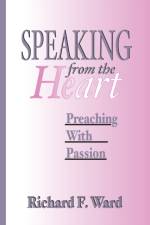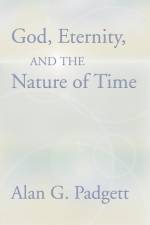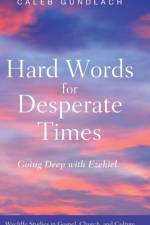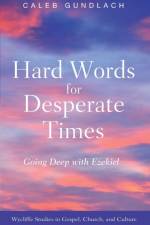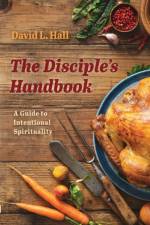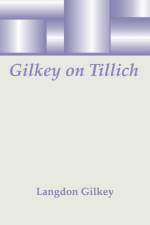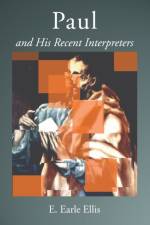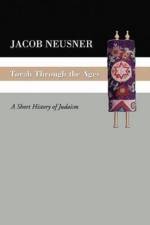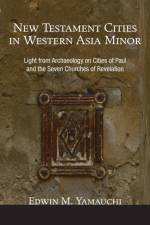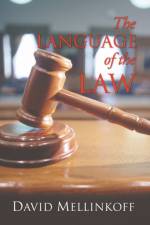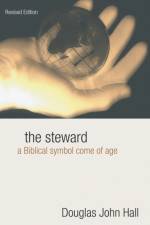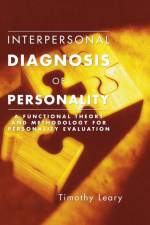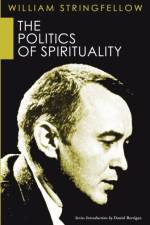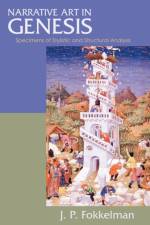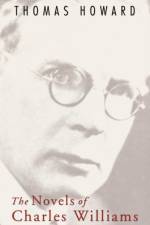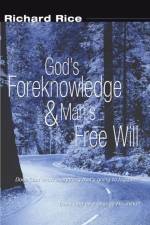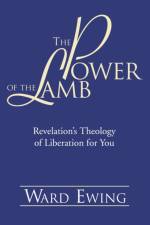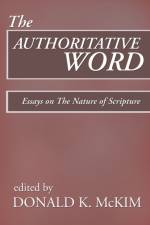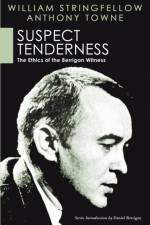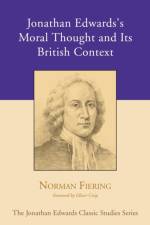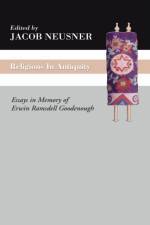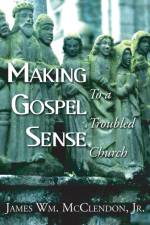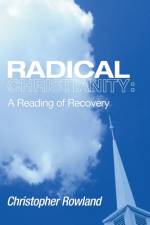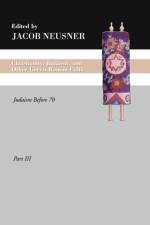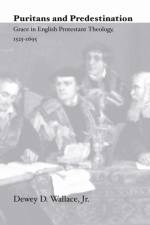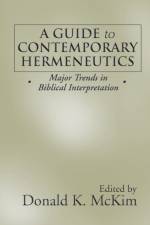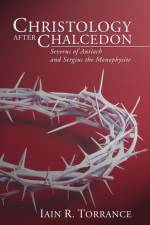av David Mellinkoff
639,-
This is that rare book which both informs and entertains. It is scholarly and sprightly - an unusual combination for any book, let alone one treating of the law. Lawyers and laymen alike can read it with profit and amusement. I hope many do, for it deserves a wide audience. The Honorable Arthur J. Goldberg (1908-1990), United States Supreme Court, The New York Herald Tribune A superb piece of writing, lucid, witty, meticulous in scholarship and unfailingly interesting. Robert R. Kirsch, Los Angeles Times We now have a full-scale study of our legal language that is written with an extraordinary awareness for vacuous words and phrases and an astounding amount of research into their history and usage.... This book has a practical value to every lawyer who drafts a document, a pleading, or even a letter. It is a great plea to bring the law up to date by awakening us to the empty verbalisms in which we think we are housing our thoughts.... It is a rare book that has value for all lawyers, despite the tendency of publishers and reviewers to make this claim with great frequency. Here, however, is a rarity. No lawyer could fail to learn many facts of surprising interest. But beyond this, 'The Language of the Law' presents a subtle challenge to the American Bar, a stimulus to improve our work and our profession by sharpening the product of our minds. If we meet this challenge head-on, we can perform a far more fundamental and genuine service to our clients, the public, and to ourselves than any other area of improvement, including court reform, can possibly offer. Ray D. Henson, American Bar Association Journal It should be compulsory reading for lawyers and judges; for a layman it is learning and entertainment of high order. The Honorable Matthew O. Tobriner (d. 1982), Associate Justice, Supreme Court of California, San Francisco Chronicle ...[B]rilliant and discursive treatise, concisely and urbanely presented, ...a remarkable stimulus, recommended highly to the general reader as well as the wordy professional. Hugo Sonnenschein, Jr., Chicago Daily New

